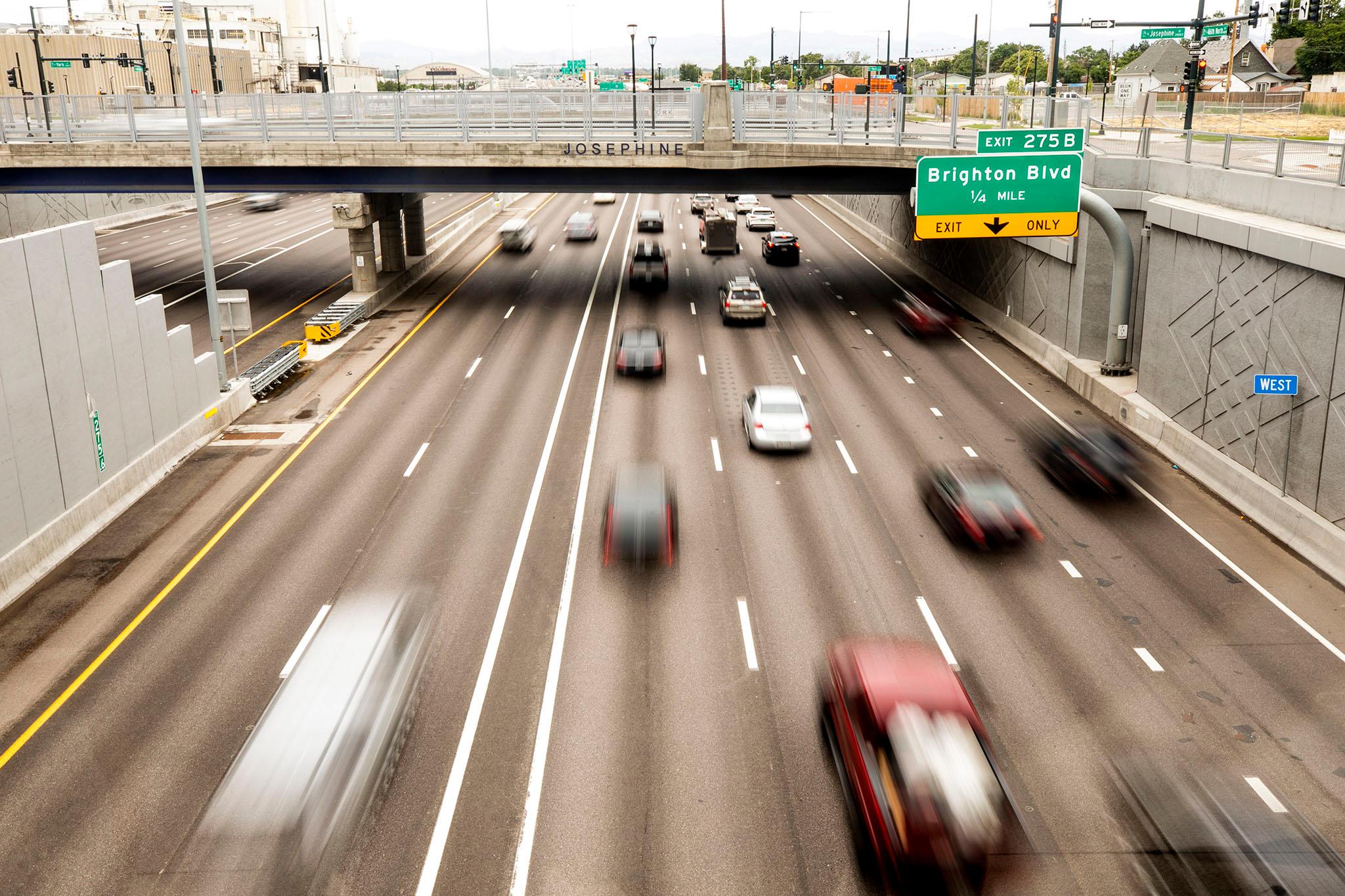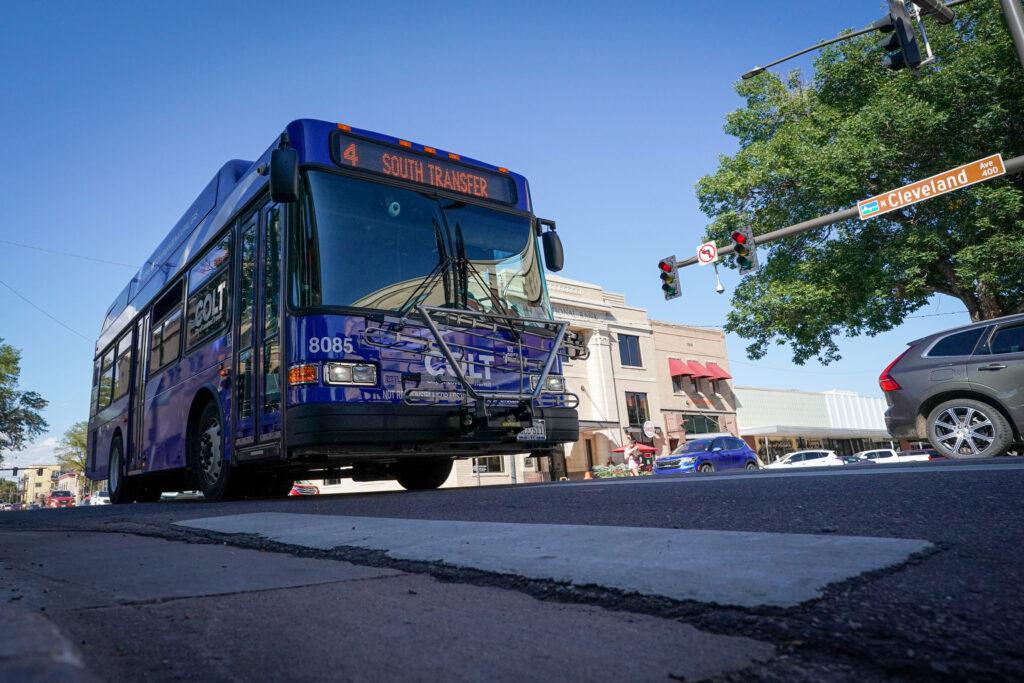
Since Colorado voters gained the right to approve all tax increases in 1992, state lawmakers have increasingly turned to another method to raise revenue: fees.
Legislators have used the fee to work around the Taxpayer’s Bill of Rights to raise the cost of everything from vehicle registrations to state park passes. This session, legislative Democrats are eyeing new charges on oil and gas drilling and rental cars that would raise nearly $200 million a year for public transportation projects.
But those bills have already generated a backlash that could threaten to close legislators’ oft-exploited TABOR fee loophole. The American Car Rental Association is supporting two fee-limiting constitutional amendments that could go to voters this fall.
One would add a definition of fees to TABOR, so all new fees would need voter approval. A second would require voter approval for any new fees for public transportation specifically and require they be assessed only in areas served by transit.
“We have taken this step simply because the elected officials of Colorado, in the legislature and in the governor's mansion, simply have ignored what we consider to be the very strong arguments ACRA has put forward against the current rental fee that's being proposed,” said Gregory Scott, spokesperson for the association.
The Colorado Title Board approved both measures in recent weeks, though they’ve since been appealed to the state Supreme Court. A financial analysis of the transit-focused fee amendment concluded it would also require retroactive voter approval for existing fees, with the potential to reduce state revenue by an estimated $760 million by the 2025-2026 fiscal year. That measure could also limit fees assessed by local governments and special districts like the Regional Transportation District.
The fiscal analysis for the broader fee measure is much less detailed, with legislative staff concluding it “may reduce state and local government revenue.”
Democratic Senate President Steve Fenberg of Boulder, who is sponsoring two of the transit funding bills, said the initiatives would be “quite devastating” for the entire state.
“We do see them as dangerous and irresponsible,” Fenberg told CPR News.
An earlier version of TABOR would’ve limited fees, but voters rejected it.
TABOR’s author Douglas Bruce tried and failed multiple times to convince voters to pass his tax-limiting brainchild in the late 1980s and early 1990s. One version, in 1990, would’ve required voter approval for fees in addition to taxes. But critics said it would’ve led to frequent ballot measures on minutiae like the cost of marriage licenses and college football tickets. So Bruce took fees out of his TABOR amendment in 1992, which was ultimately successful.
“I wish I could have put in more, but I had to make a calculated decision about what would get 51 percent of the vote,” he told CPR News in 2017.
Finding statewide taxes nearly impossible to pass at the ballot box, legislators have levied new fees again and again since the 1990s and courts have generally protected their power to do so. In 2021 they created a slate of new transportation fees that will bring in billions of dollars to supplement the state’s gas tax, which hasn’t budged since 1991.
But in recent years, voters seem to be more open to the idea of limiting fees. In 2020 they passed Proposition 117, a fee-limiting law that legislators had to maneuver around while creating the 2021 transportation funding bill.

Because this year’s proposed initiatives would amend the state constitution, they would be more difficult to pass than Proposition 117. Backers need to get voter signatures from every state Senate district to make it onto the ballot, and the measure must receive 55 percent of the vote to pass.
But a local group has already formed to support at least one of the amendments: “The Committee to Strengthen the Taxpayer’s Bill of Rights.” Its registered agent is former Deputy Secretary of State Suzanne Taheri, a Republican. She did not respond to a request for comment.
The car rental industry group says it would rather not push these ballot measures, but will if it has to.
The rental car association has financially backed the fee-limiting amendments effort so far, Scott confirmed. He also testified against the rental car fee bill at the Capitol, which would raise fees by up to $3 a day. Scott argued that a 2018 federal law makes new rental car fees illegal if they apply to airport-based rentals. He also shared a legal analysis his group commissioned that concluded the same.
His group suggested other fee mechanisms to state legislative leaders and representatives from Gov. Jared Polis’ office, but Scott said they weren’t receptive.
“The ballot measure is one option. If nobody listens in the Capitol, litigation is another option,” Scott said.
His group would rather avoid such costly strategies, Scott said, but is worried that other state legislatures will follow Colorado’s lead if they let it stand.
The oil and gas fee bill for transit already contains language meant to keep it alive if voters eventually approve the change to transit fees. Fenberg said it was included because he and others, “don't want all that good work, that agreement, that stakeholding to go out the window because of one special interest that is potentially going to spend millions of dollars to get something on the ballot.”
Scott described the language as lawmakers “piling up the sandbags against these ballot measures.”
Rep. Andrew Boesenecker, co-sponsor of the car rental fee bill, said he didn’t anticipate similar language was necessary in his measure to protect it.
In a statement, a spokesperson for Gov. Polis said “It’s reckless for out-of-state special interests who already benefit from special tax treatments to threaten the financial stability of the state to line their own pockets.”
“It’s not the Colorado way and Governor Polis supports this comprehensive plan to help improve transit in Colorado for people who are sick and tired of waiting in traffic or who want to improve air quality,” spokesperson Shelby Wieman wrote in an email.
Asked whether the fee-limiting amendments are a sign that Coloradans are sick of paying surcharges, Fenberg suggested it’s evidence of a special interest group using the ballot box to get their way.
“The people that use the roads more, pay more. That's how it works,” he said. “We think it's reckless and would have devastating impacts on our economy, our infrastructure, and our state government.”









